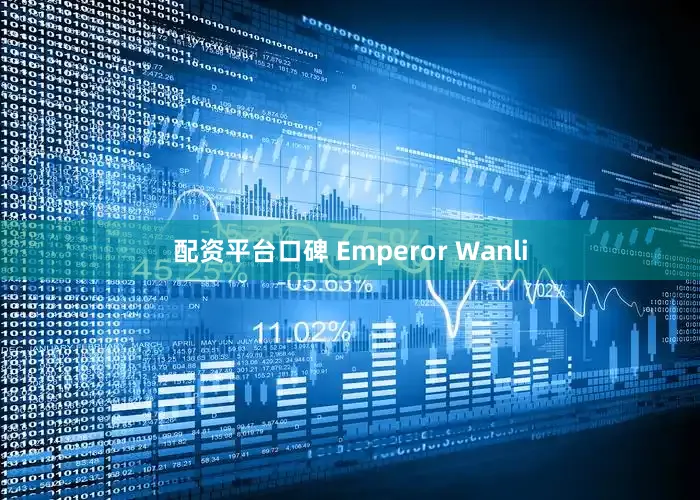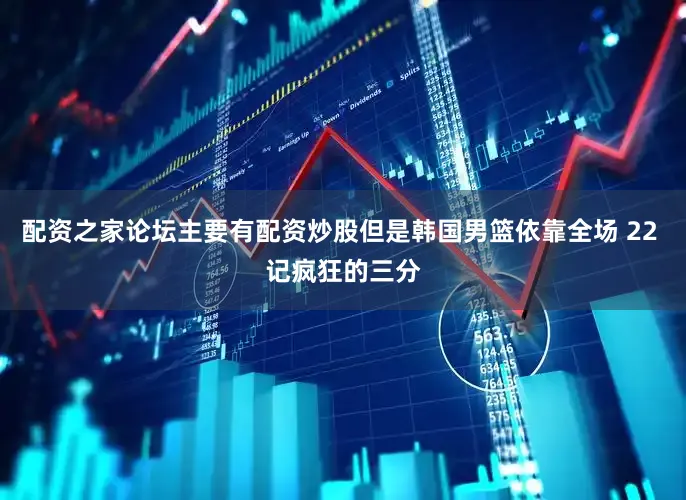
In the nearly three centuries of Ming Dynasty rule, 1620 was one of the most exceptional years. It was both the 48th year of Emperor Wanli’s reign and the first year of his son, Emperor Guangzong Zhu Changluo's reign. In the summer of that year, in July, Emperor Wanli, who had been on the throne for nearly half a century, passed away. The following month, Zhu Changluo, who had waited 19 long years for the throne, ascended to power, marking the beginning of the Tai Chang era. His reign, however, would be tragically brief. Only a month after his ascension, Emperor Guangzong suddenly died, leaving his son, Emperor Tianqi Zhu Youxiao, to inherit the throne. This event set the stage for the decline of the Ming Dynasty.
展开剩余88%Was Zhu Changluo in poor health? How did his illness develop until his sudden death? What treatments did he undergo during his illness, and could the two red pills have caused his death had he not taken them?
In the spring of 1615, on the fourth day of the fifth month, a man named Zhang Chai, under the direction of the eunuchs in the imperial palace, attempted to assassinate Zhu Changluo by attacking him with a large wooden club. Fortunately, the assailant was subdued by palace guards, and Zhu Changluo escaped unharmed. This assassination attempt became one of the three major incidents of the late Ming period, known as the \"Pillar Strike Incident.\"
Afterward, evidence from the investigation suggested that the perpetrator’s real target was Zhu Changluo. Many suspected that the mother of the Fuwang, Consort Zheng, had orchestrated the attack. Zhu Changluo's mother had been a lowly palace maid, while Zheng, being favored by Emperor Wanli, had long desired to have her son, Zhu Changxun, named the crown prince. Emperor Wanli had reluctantly named Zhu Changluo as the heir, largely due to public pressure, and instead, he made Zhu Changxun a prince. This favoritism was deeply resented by Consort Zheng, who, angered by the loss of her son’s position, may have encouraged the attempt on Zhu Changluo’s life.
Despite the controversy, Zhu Changluo chose not to pursue the matter, instead showing mercy and choosing not to press charges against Consort Zheng. His decision earned the admiration of Emperor Wanli, strengthening his position as the crown prince.
As Emperor Wanli grew older, the emperor’s deteriorating health signaled the increasing likelihood that Zhu Changluo would soon ascend to the throne. A pivotal moment arrived when Consort Zheng, who had once been critical of Zhu Changluo, became unexpectedly respectful toward him. She even presented him with eight beautiful women, perhaps as a gesture to secure her son’s future as emperor. Despite the bitterness of the past, Zhu Changluo seemed to enjoy his newfound power, and for a time, it seemed as if he would recover from his struggles.
However, his physical condition had deteriorated significantly by the time he ascended to the throne in August 1620. His years of indulgence and excess had taken a toll on his body, and at less than 40 years old, he was already suffering from various ailments. His coronation ceremony, although grand, was undermined by his frailty. He could hardly walk and needed assistance to stand for the ceremony, which was attended by close attendants who had to help him through the process.
On his birthday, August 11, 1620, a week after his coronation, Zhu Changluo found himself too ill to attend the formal celebration. He was confined to his bed, as his body became increasingly weakened by his condition.
Zhu Changluo’s illness worsened as medical treatments were ineffective. The physician, Cui Wensheng, prescribed a potent medicine that caused severe diarrhea for Zhu Changluo, making him increasingly frail. At the same time, Consort Zheng pushed for the emperor to fulfill his promise to name her as empress dowager, despite the fact that the emperor’s health was clearly deteriorating. The pressure on the emperor was immense as Zhu Changluo struggled with both his illness and the ongoing political maneuvering.
As Zhu Changluo’s condition worsened, the court became increasingly concerned. Medical professionals debated the cause of his illness, and many speculated that his condition was exacerbated by his excessive indulgence. But as the emperor continued to decline, he seemed to become more withdrawn, turning inward and contemplating the future of the empire. By the end of August 1620, Zhu Changluo passed away, leaving his son, Zhu Youxiao, to inherit the throne.
This marked the beginning of a political and dynastic struggle that would play a pivotal role in the eventual downfall of the Ming Dynasty. In the aftermath of his sudden death, a series of investigations ensued, and many questioned whether Zhu Changluo’s passing was due to mismanagement, negligence, or a deliberate plot. The infamous \"Red Pill Incident\" would go down in history as one of the most mysterious and contentious events of the Ming Dynasty.
发布于:天津市嘉正网-股票配资排名在线查询-四川炒股配资-炒股配资知识网提示:文章来自网络,不代表本站观点。



